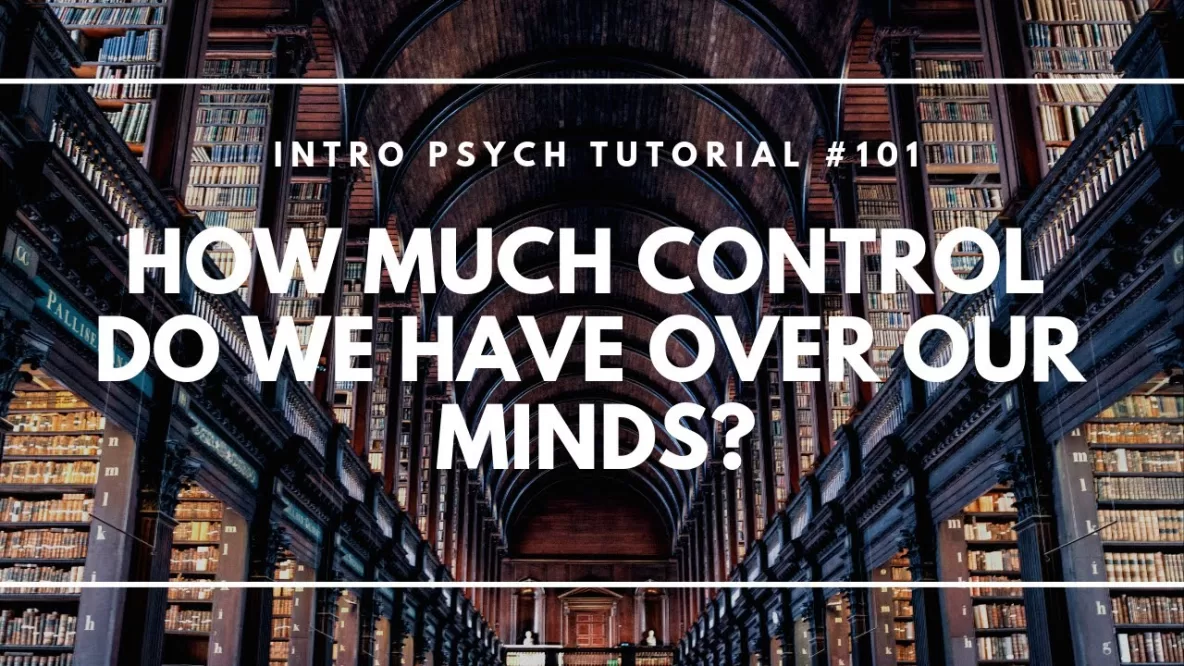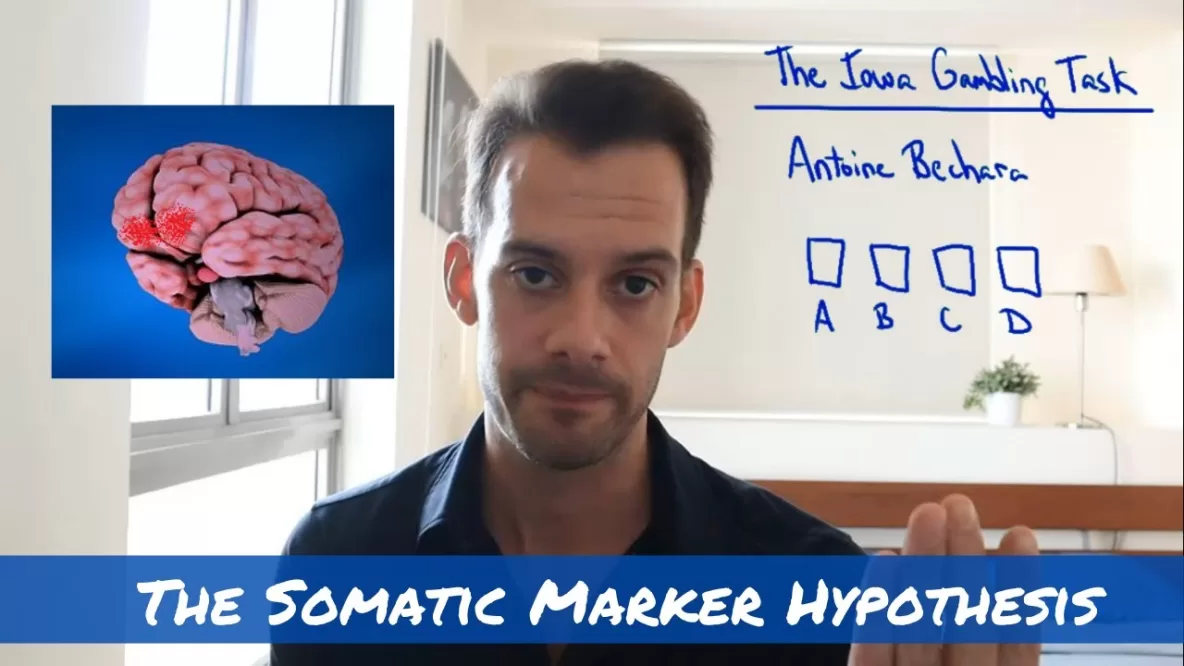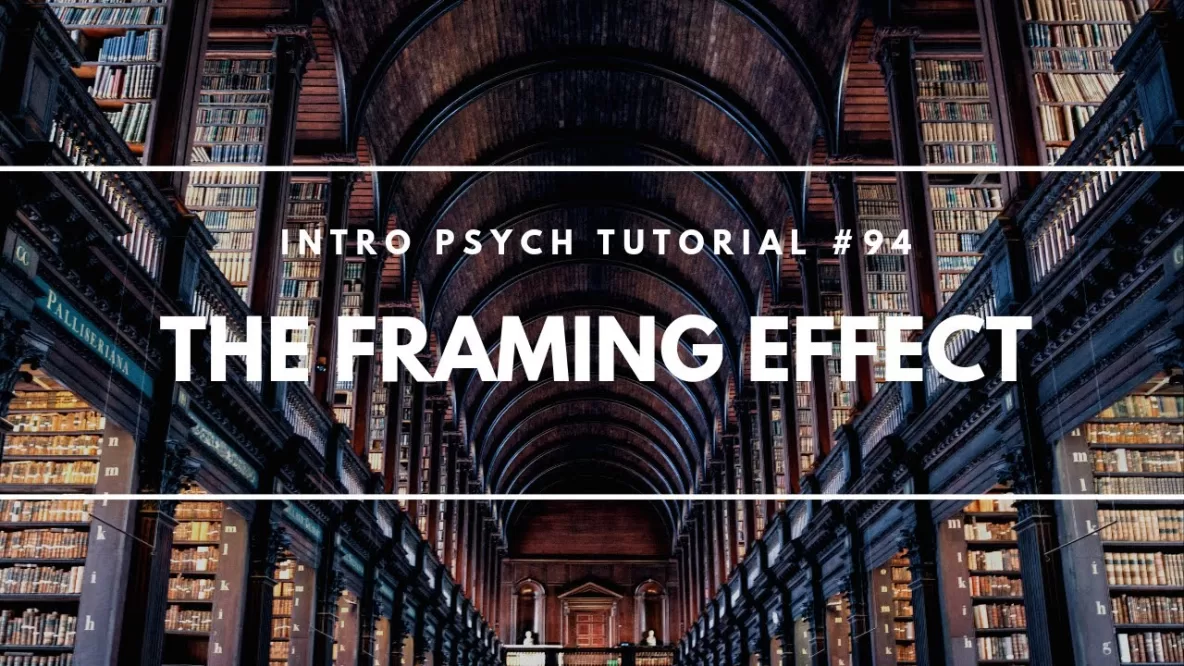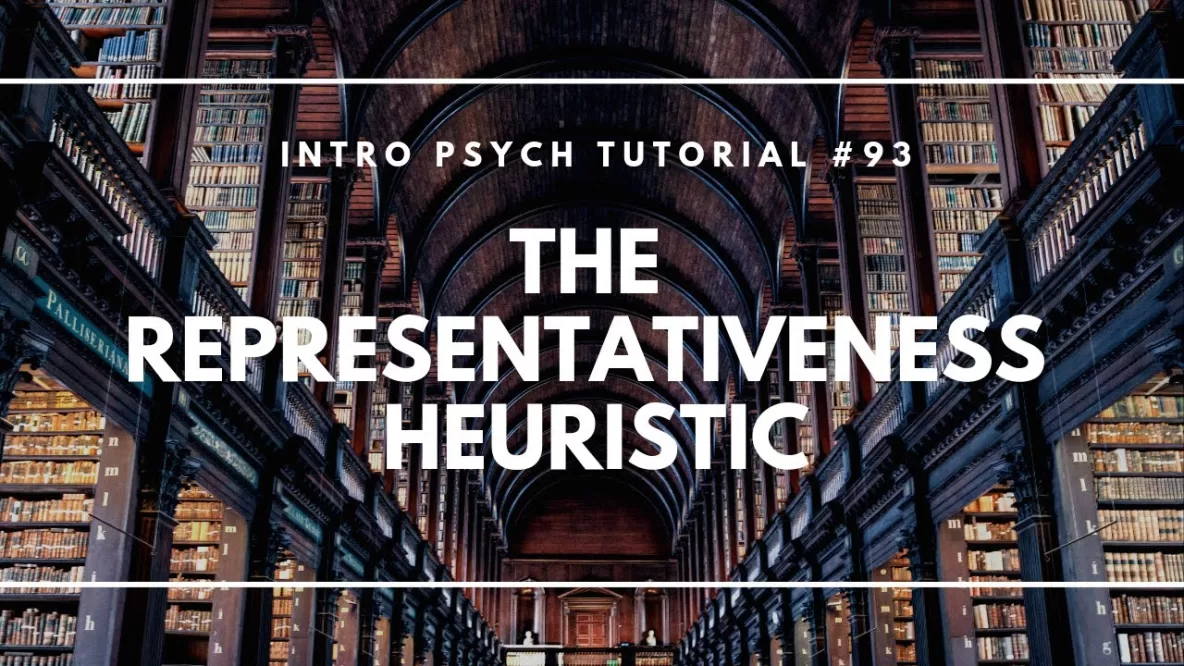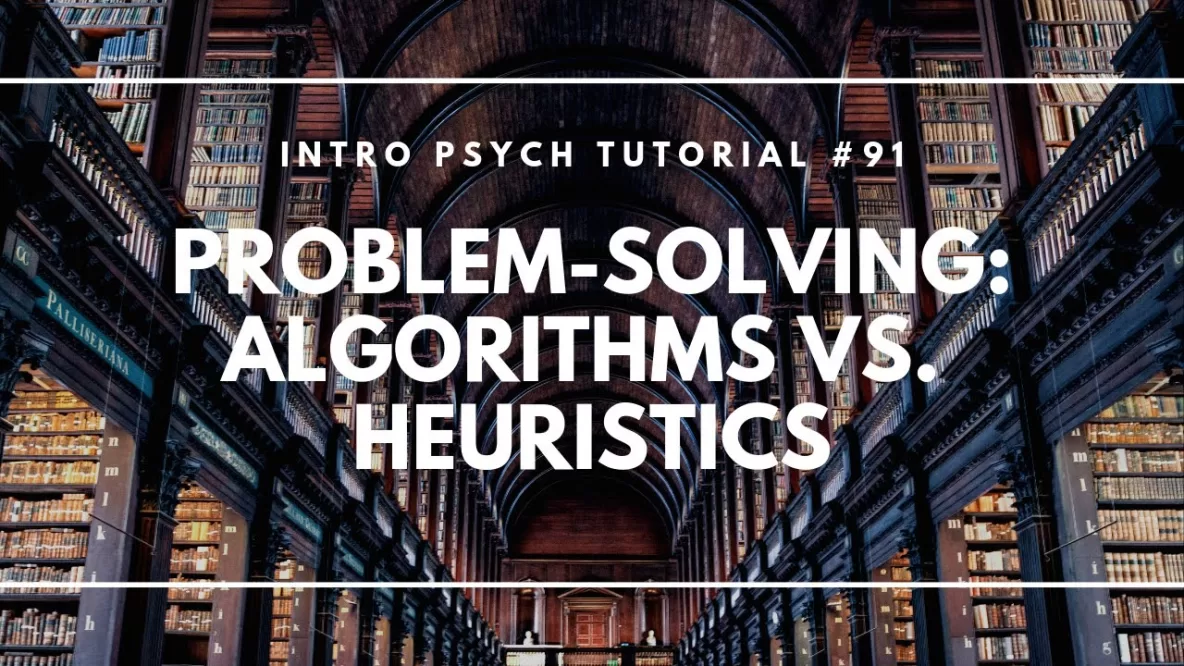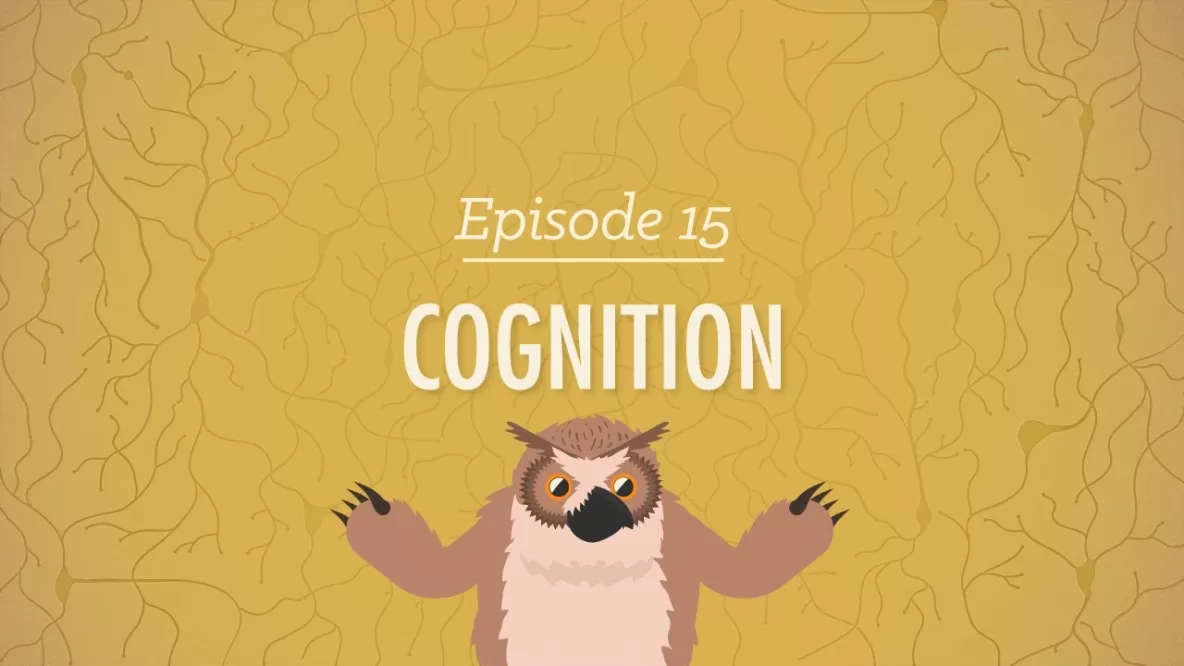In this video I consider how much control we have over our own minds. We may not have as much control as we think and this can be demonstrated in ironic processes of mental control as well as unconscious processes. While exploring this question, I introduce thought suppression and counter-intentional … Read More
The Somatic Marker Hypothesis
Do we need emotions to make decisions? In this video I describe Antonio Damasio’s Somatic Marker Hypothesis and then discuss research using Antoine Bechara’s Iowa Gambling Task to assess how emotional reactivity guides decision-making in healthy controls and patients with damage to the ventromedial prefrontal cortex. Don’t forget to subscribe … Read More
Benefits of Heuristics
In this video I end the unit on cognition with the reminder that heuristics are not just about making errors in decision-making. Most of the time heuristics work well and they serve as useful tools for making sense of the world and being able to make decisions with limited information. … Read More
The Sunk-Cost Fallacy
In this video I introduce the sunk-cost fallacy, which is when we make present decisions based on previous investments which aren’t relevant. This fallacy can occur in the form of gamblers or investors who make increasingly risky decisions in order to make up for past losses. Tversky and Kahneman have … Read More
The Framing Effect
In this video I introduce Tversky and Kahneman’s work on the framing effect and how consideration of benefits or losses can influence the choices that people make and their willingness to take risks. I consider a few everyday examples of this, then consider how the framing of default options may … Read More
The Representativeness Heuristic
In this video I describe another heuristic identified by the work of Amos Tversky and Daniel Kahneman. The representativeness heuristic is a shortcut that we use when attempting to estimate the odds of something being true, such as whether an interview profile came from a lawyer or an engineer. Rather … Read More
The Availability Heuristic
In this video I provide an introduction to behavioral economics and the work of Amos Tversky and Daniel Kahneman by describing a heuristic we use when attempting to assess the frequency of events. The availability heuristic is a shortcut that estimates frequency based on how available an event is to … Read More
Problem Solving: Algorithms vs. Heuristics
In this video I explain the difference between an algorithm and a heuristic and provide an example demonstrating why we tend to use heuristics when solving problems. While algorithms provide step-by-step procedures that can guarantee solutions, heuristics are faster and provide shortcuts for getting to solutions, though this has the … Read More
What is the Availability Heuristic?
In their first study of the availability heuristic, Tversky and Kahneman asked participants to estimate whether English had more words that started with the letter K or more words that had K as the third letter. What do you think? If you’re like most participants in their study, you might … Read More
Language, Thought, & Cognition Resources
On this page you’ll find a number of resources for understanding the key concepts of linguistics, cognition, and thought, including language acquisition, problem-solving, and decision-making. If I’ve missed a good resource, please share it in the comments section! General Resources Language & Cognition Key Terms Language Acquisition Pinterest Page Decision-Making … Read More
- Page 1 of 2
- 1
- 2

